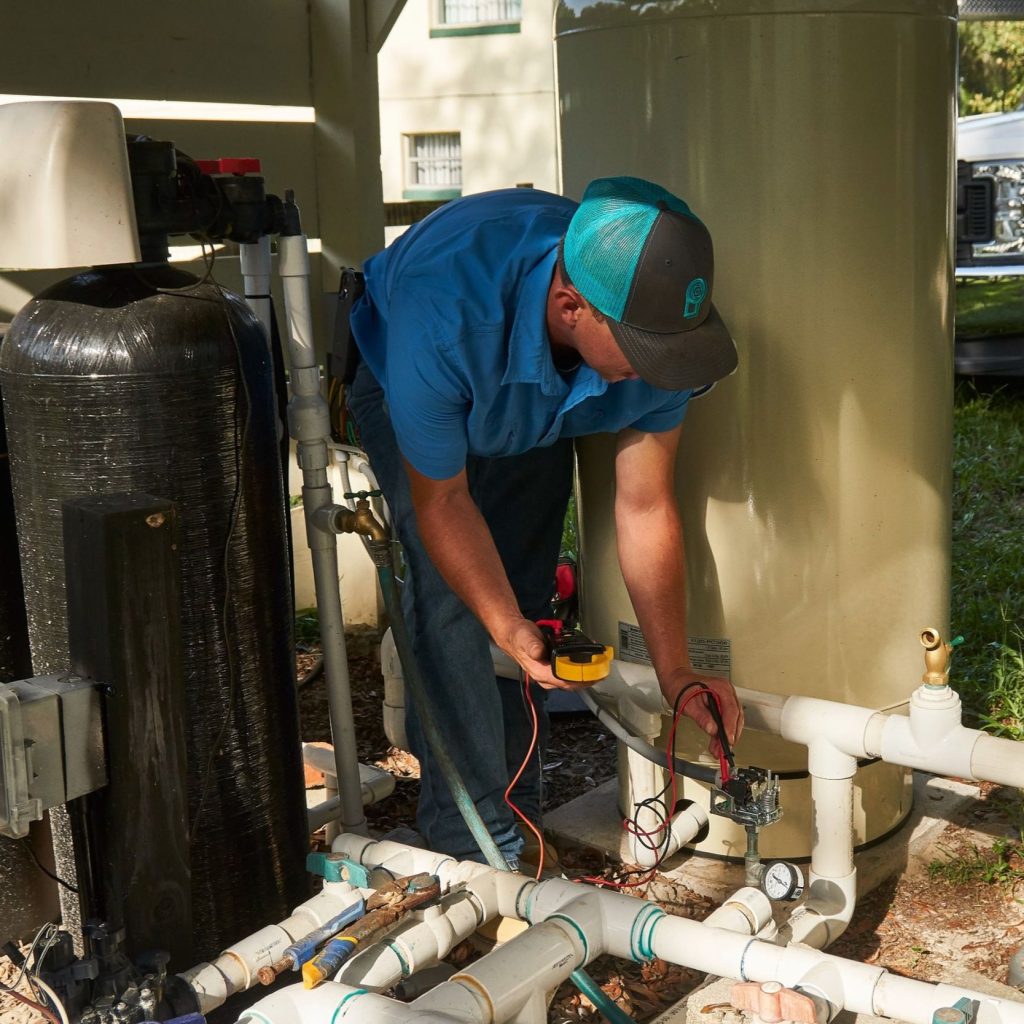

Pump making loud noises? This thorough guide will walk you through troubleshooting common equipment issues, providing practical solutions for a wide scope of pump problems. Whether it’s an industrial pump, a domestic water pump, or something in between, understanding the causes and remedies is key to avoiding downtime and ensuring efficient operation. This article will delve into the potential causes of loud noises, from simple impeller misalignment to complex electrical faults, and present step-by-step solutions to get your pump running smoothly again. We’ll explore various pump types and offer specific examples to demonstrate the diagnostic process. Furthermore, preventative measures and maintenance strategies will be discussed, helping you avoid costly repairs in the future.
determineing the Source of the Noise
Initial Inspection and Visual Assessment
Often, the initial step in troubleshooting a pump making loud noises is a thorough visual inspection. Look for obvious signs of damage or wear, such as loose connections, damaged impeller blades, or leaking seals. This visual assessment can often point to the immediate cause. For example, a visibly damaged impeller blade is a clear indication of potential noise and performance issues. Check for any debris in the pump’s intake or discharge lines. Inspect the pump casing for cracks or damage that may be contributing to vibrations and unwanted noise. A small amount of debris can cause significant damage over time, while a large clog can immediately impact performance and cause excessive noise.
Listening for Specific Patterns
Paying attention to the type of noise the pump is making is extremely helpful in diagnosis. Is the noise a high-pitched whine? A low, rumbling sound? A rhythmic thumping? Each type of noise can indicate a varied potential problem. For example, a high-pitched whine could point to worn bearings or a loose impeller, while a rumbling sound might indicate cavitation or hydraulic issues. Take careful notes about the timing and frequency of the noises as well as the environment around the pump. These observations can offer valuable clues. A pump operating in a damp environment might have varied noise patterns compared to a pump in a dry environment.
Mechanical Issues
Worn Impellers and Bearings
Worn impellers or bearings are common culprits for loud pump noises. Damaged impeller blades can cause excessive vibrations, leading to a variety of loud noises, from screeching to humming. This can be caused by corrosion, improper alignment, or excessive use. Inspect the impeller and shaft carefully for damage. A worn or damaged bearing will generate a high-pitched whine or grinding sound during operation. Inspect the bearing for roughness, scoring, or unusual movement.
Electrical Issues
Troubleshooting Electrical Problems
Electrical issues can also manifest as unusual noises from a pump. Faulty wiring, loose connections, and motor problems can lead to a scope of erratic noises, impacting performance. Check the wiring for any signs of damage or looseness. Loose or corroded connections can outcome in intermittent operation or a humming sound. A faulty capacitor can also generate a high-pitched squealing or buzzing noise. Check all wiring connections, especially at the motor, and ensure they are tight and secure. Faulty wiring can lead to significant damage if not addressed promptly.
Hydraulic Issues
Cavitation and Water Hammer
Pump cavitation occurs when the pressure in the pump drops below the vapor pressure of the liquid being pumped. This can lead to the formation of vapor bubbles, which can then collapse violently, causing loud noise and potential damage. Water hammer, on the other hand, is a phenomenon where a sudden change in the flow of water, often due to valve closures or pipe breaks, creates a shockwave that transmits through the system. This can outcome in a loud banging or hammering sound. Analyze the pump’s hydraulic performance, ensuring sufficient flow rate and head capacity, and avoiding rapid valve closures.
Related Post : Pool Water Turning Green Overnight? Causes and How to Clear It Fast
Preventative Maintenance
Regular Inspection and Lubrication
Implementing a regular maintenance schedule is crucial in preventing unexpected pump malfunctions and loud noises. Regularly inspect the pump’s components for signs of wear and tear, such as corrosion, loose connections, and unusual vibrations. Lubricate moving parts as per the manufacturer’s recommendations. Proper lubrication can extend the lifespan of your pump significantly. Use high-quality lubricants and ensure that lubrication is applied uniformly.
In conclusion, troubleshooting pump-making-loud-noises is a multifaceted process requiring careful diagnostics and targeted solutions. By systematically examining the possible causes, from impeller issues to electrical problems, and employing the right troubleshooting techniques, you can determine the root cause of the problem and restore your pump to optimal performance. Remember, preventative maintenance and prompt action can significantly reduce the frequency and severity of these noise issues. If you’re still unsure or encountering complex problems, consulting a qualified pump technician is highly recommended for expert advice and potentially advanced solutions. Contact us today for a complimentary consultation!